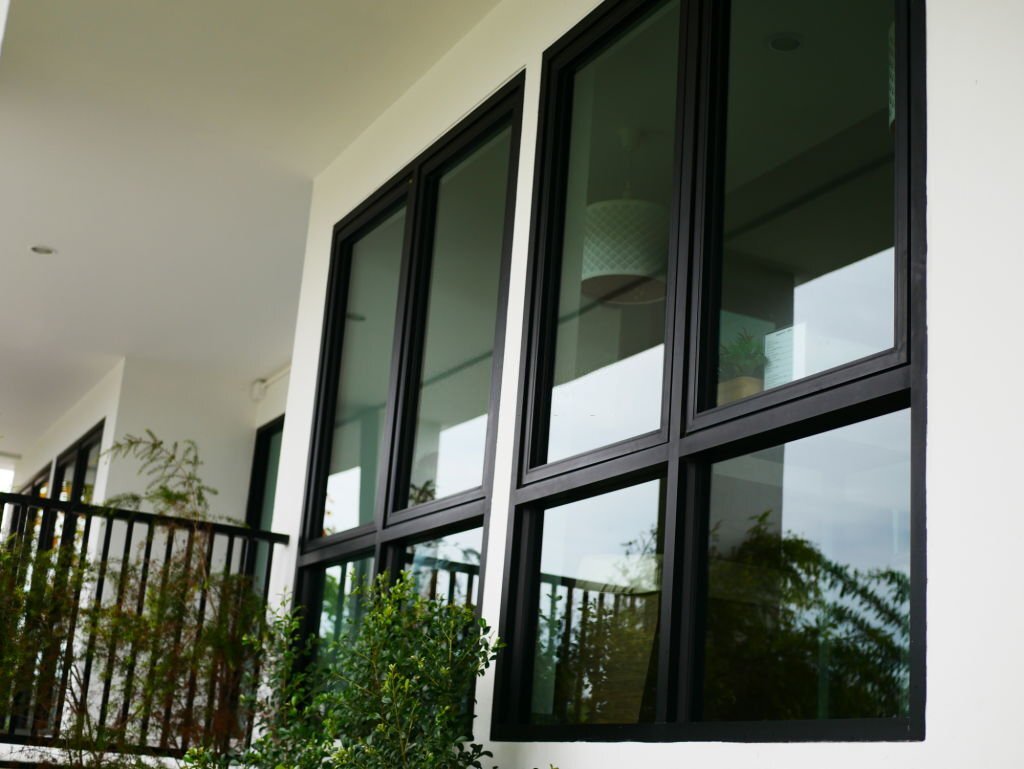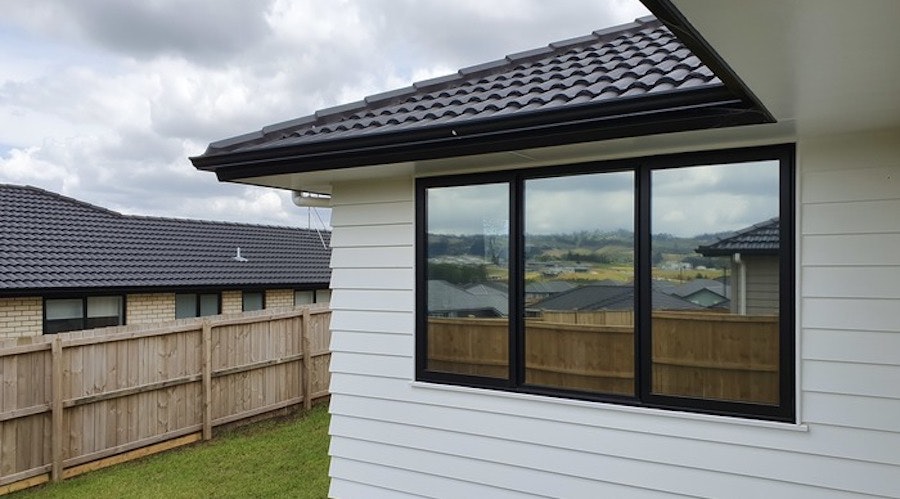Residential Window Tint: An Overview to Picking the Right Shade
Residential Window Tint: An Overview to Picking the Right Shade
Blog Article
Just How Residential Home Window Tinting Boosts Your Home's Power Effectiveness
Residential home window tinting provides a compelling service for homeowners seeking to improve energy effectiveness within their living rooms. By applying specialized movies to home windows, it efficiently minimizes warm transfer, thereby stabilizing indoor temperatures and reducing the demand for extreme home heating or air conditioning. This not just curtails power usage but additionally provides an extra comfortable environment by alleviating glare. Nevertheless, understanding the subtleties of exactly how tinting jobs and choosing the ideal type for your home can be essential. Curiously, what variables should one consider before making this financial investment?
Understanding Window Tinting
Understanding home window tinting is crucial for house owners looking for to improve both convenience and energy effectiveness in their home. Residential Window Tint. Home window tinting entails the application of a thin movie to the interior or outside surface of glass windows. This movie can dramatically regulate the amount of sunlight and heat that enters a home, thus influencing interior environment conditions
There are various types of home window tinting films offered, each with distinct homes. The efficiency of window tinting is usually gauged by its Visible Light Transmission (VLT) portion, which suggests exactly how much light can pass via the film.
Advantages of Energy Efficiency
Window tinting not only boosts aesthetic appeals yet likewise plays a substantial role in enhancing power performance within property spaces. By reducing heat transfer through windows, tinted films develop an extra stable interior climate, which can result in considerable reductions in power intake for heating & cooling. This power performance converts right into reduced energy bills, supplying property owners with substantial long-term cost savings.

Furthermore, home window tinting boosts the comfort of living areas. By reducing glare and obstructing dangerous UV rays, tinted home windows produce an even more pleasurable setting, which can bring about boosted wellness for passengers. The defense against UV rays likewise helps protect furniture and floor covering from fading, contributing to the longevity of house products.
Just How Tinting Works
Tinting movies run via a mix of innovative materials and modern technologies designed to regulate the quantity of solar power going into a home. Mostly composed of polyester, these movies typically include metallic or ceramic fragments that absorb and mirror warm. This twin capacity allows them to considerably minimize the penetration of ultraviolet (UV) rays and infrared radiation while allowing noticeable light to pass through.
The effectiveness of window tinting is determined by its solar warm gain coefficient (SHGC), which shows just how much solar power is transferred via the home window. helpful site Reduced SHGC values are preferable as they signify greater warmth rejection. In addition, window colors can feature a range of shades, enabling house owners to tailor their aesthetic preferences while enhancing energy effectiveness.
Moreover, these movies work as a barrier, avoiding warm loss during cooler months by reflecting indoor warmth back into the space. This thermal insulation impact enhances the cooling benefits acquired during warmer months, adding to a well balanced indoor climate year-round. By managing solar power properly, residential window tinting not just improves comfort however also plays a vital role in lowering power intake and reducing energy expenses.
Selecting the Right Tint

There are various kinds of window movies readily available, consisting of dyed, metalized, and ceramic. Colored films are affordable yet may have limited durability. Metalized movies supply much better warmth being rejected yet can disrupt electronic signals. Ceramic films offer superb warmth control without jeopardizing visibility and are very durable, making them a prominent choice.
Noticeable light transmission (VLT) is an additional crucial factor, as it indicates the quantity of all-natural light that can go through the colored glass. Property owners must pick a tint with a VLT that matches their lighting choices while still supplying sufficient glare reduction.
Additionally, evaluating the solar heat gain coefficient (SHGC) can help figure out exactly how well a tint can block heat from sunshine. A reduced SHGC indicates much better heat control, eventually enhancing power effectiveness.
Installation and Upkeep Tips
Proper installation and upkeep are essential elements in making best use of the benefits of domestic home window tinting. To accomplish optimal results, it is a good idea to employ a certified specialist for setup. This guarantees that the tint is used appropriately, preventing air bubbles, creases, or misalignment that can jeopardize efficiency. Experts also make use of specialized strategies and tools, which can boost the durability and efficiency of the tint.
Following installment, maintenance is essential to lengthen the life of the window movie. It is suggested to wait at least 30 days before cleaning up the tinted windows to enable the sticky to treat completely.
In addition, regular inspections are beneficial. Check for any peeling or bubbling, which can suggest improper installation or use over time - Residential Window Tint. Attending to these issues promptly can protect against additional damage and keep energy efficiency. By Learn More Here adhering to these installment and maintenance ideas, homeowners can ensure their window tinting remains to provide significant energy cost savings and convenience for years to find.
Verdict
Finally, household home window tinting serves as an efficient service for improving power performance within homes. By lowering warm transfer and blocking damaging UV rays, home window films contribute to decrease energy consumption and boosted interior comfort. The option of appropriate tinting materials, together with correct installation and upkeep, additionally takes full advantage of these advantages. Ultimately, window tinting stands for a sustainable financial investment that not only lowers energy bills but also advertises a comfortable living atmosphere throughout the year.
Home window tinting entails the application of a slim movie to the interior or outside surface area of glass home windows. By lowering heat transfer via home windows, tinted movies create an extra secure interior environment, which can lead to substantial reductions in power intake for home heating and cooling.The effectiveness of window tinting is gauged by its solar heat gain coefficient (SHGC), which suggests exactly how much solar energy is transferred through the home window. By handling solar energy efficiently, residential home window tinting not just improves convenience but also plays an essential function in minimizing power her explanation intake and lowering energy expenses.
By decreasing warm transfer and blocking dangerous UV rays, home window movies add to reduce power usage and improved indoor convenience.
Report this page